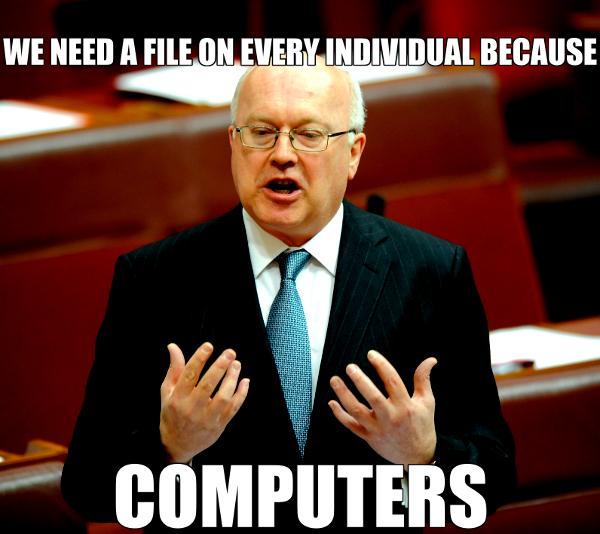Data laws decried amid review
 The telecommunications industry is launching a fresh push to change Australia’s data retention laws.
The telecommunications industry is launching a fresh push to change Australia’s data retention laws.
A new data retention scheme was announced in 2014 as an anti-terrorism measure, requiring internet service providers and phone companies to retain customers’ metadata for two years, including phone, email and internet records.
The Government is now looking at allowing the information collected to be used in civil cases, which would see it expanded from its current use in terrorism-related investigations only.
The Law Council of Australia has “grave concerns” about extending the powers.
“The regime that's in place is one of the most intrusive regimes in the industrialised world,” Law Council president Fiona McLeod has told the ABC.
“If they are to extend that use to civil proceedings, it goes well beyond the justification of those laws.”
The new review comes from recommendations by the Parliamentary Joint Committee on Intelligence and Security (PJCIS).
The committee said from April 13 it would like a prohibition on courts authorising access to data for civil proceedings, but the Parliament would be able to allow exceptions.
“The focus of this current stage of consultation is testing whether there is a case for regulations to be made,” a spokesperson from the Attorney-General said.
“The PJCIS gave examples of family law proceedings involving violence or international child abduction cases as potential appropriate exceptions to the prohibition.”
Communications Alliance CEO John Stanton says the lobby is requesting several changes to the laws to provide more clarity, as an existing April 2017 compliance deadline approaches.
One major concern was how to collect data from the increasingly networked “internet of things”, such as parking meters and smart meters in homes and businesses.
“It will require service providers to retain records of when the coin tin in a local vending machine is full, or what parking meters are doing on a daily basis,” he said.
“That's really a crazy piece of overreach that we think ought to be corrected.”
Mr Stanton said the requirement for stored data to be encrypted was another unnecessary step.
“The Government has confused encryption with security. What matters is how well you protect the information that you retain, not whether or not it's encrypted,” Mr Stanton said.
A spokesperson for Attorney-General George Brandis said “metadata is the basic building block in nearly every counter-terrorism, counter-espionage and organised crime investigation”.
“Telecommunications companies have always retained metadata and law enforcement agencies have been permitted access to these records for decades.
“The data retention obligations simply standardise the type of data telecommunications companies are required to retain and the length of time they are required to retain it,” the spokesperson said.








 Print
Print